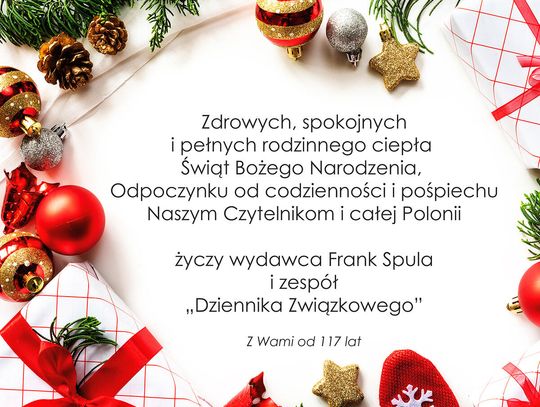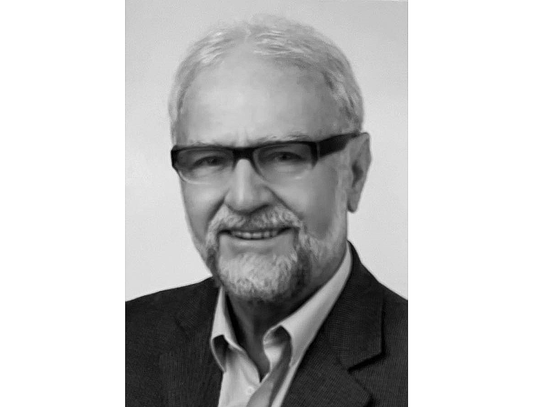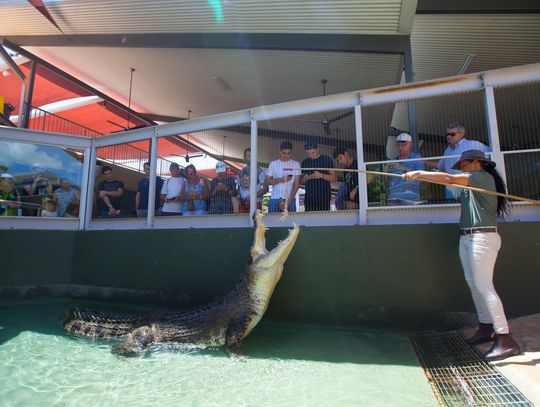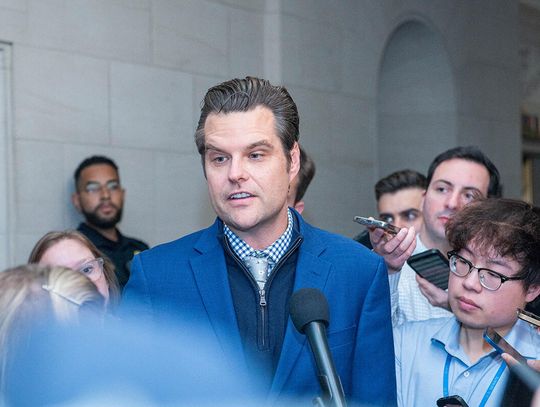Oglądam wiadomości o pożarach na Zachodnim Wybrzeżu i nie mogę sobie wyobrazić tego horroru, kiedy cały ten ogień zbliża się do mojego domu. Do tej pory zginęło już 35 osób, a miliony akrów lasów spłonęły. I wszystkie raporty wskazują na to, że warunki na Zachodzie pogorszą się, zanim się poprawią.
Jak powiedziałem, nie mogę sobie wyobrazić pożaru tak niszczycielskiego, rodzącego tyle chaosu i smutku.
Najbliższym moim osobistym doświadczeniem jest pożar bagien w 2009 roku, niedaleko miejsca, gdzie wtedy mieszkaliśmy w Georgii – niedaleko Bagien Okefenokee, które są wielkości stanu Delaware. Ogień był wówczas niczym w porównaniu z tym, co teraz dzieje się na Zachodzie, ale trochę mogę sobie wyobrazić, jak cierpią tam ludzie.
W 2009 roku mieszkaliśmy 45 mil od centrum pożarów na bagnach. Tygodniami wiał wiatr ze wschodu i budziliśmy się rano z zapachem spalenizny z bagien, płonących strzelistych sosen, wysokich suchych traw i niskich ogrodowych. I swędem palących się domów z prefabrykatów i przyczep mieszkalnych w miasteczkach położonych na wschód od nas.
Ze wschodu nadciągały także chmury. Na początku były jasno żółte, a potem zrobiły się ciemniejsze, różowe, brązowe – w miarę, jak przybywało dni pożaru. Wkrótce pojawiła się dookoła naszego domu mgła dymu. Zostaliśmy w domu, patrzyliśmy na to przez okna i myśleliśmy, że jesteśmy bezpieczni. Ale po jednym, dwóch dniach dym zaczął wdzierać się do domu. I pomyśleliśmy, że ten bezpieczny, piękny i stary dom, w którym mieszkaliśmy, wcale nie jest bezpieczny.
I ludzie zaczęli się martwić, co będzie dalej. Zastanawiali się, co będzie, jeśli jutro też będzie wiał wiatr ze wschodu? I następnego dnia, i za tydzień, i za miesiąc.
I wiatry jak ten, ze wschodu, miesiącami przynosiły nam popiół i dym, których przedtem nie widzieliśmy.
I kościoły w naszym mieście i małe miasteczka pomiędzy nami, pożarem na bagnach zaczęły się zapełniać, a ludzie stali na werandach na tyłach domów i rozmawiali z sąsiadami o końcu świata i o tym, co zrobiliśmy ze środowiskiem.
I pamiętam jednego z moich przyjaciół, który mówił, że jest za późno, by naprawić środowisko i być może to, co robiliśmy Ziemi przez ostatnie stulecie sprawiło, że nie można już tego naprawić.
I powiedział, że może już przebrała się miarka tego świata.
A World on Fire
I’ve been watching the news about the forest fires out West, and I can’t imagine the horror of all that burning coming close to my home. So far 35 people have died and millions of acres of forest have burned. And all the reports suggest that conditions will get worse in the West before they get better.
LIke I said, I can’t imagine a fire so destructive, breeding so much chaos and grief.
The closest thing in my own experiences was a swamp fire that took place in 2009 near where we were living at that time in Georgia near the Okefenokee Swamp, a swamp the size of Delaware. The fire was nothing compared to what’s happening out west, but it gave me some small sense of what those people out there are suffering.
Back in 2009, We lived about 45 miles from the burning center of the swamp fire. For weeks the winds were from the east, and we woke in the mornings to the smell of the swamp burning, the tall Georgia pines burning, the high dry grass and the low dry wiregrass, all burning. And the smell of pre-fab homes and trailers in the small towns east of us burning.
There were clouds coming from the east too. First, they were a light yellow, and then they got darker, pink, brown as the days of burning continued. Soon there was a haze outside our house, and we stood in the house and looked out the windows at it, and thought, well, we’re okay. Then after a day or two, the smoke started coming into the house. And we started thinking how this secure beautiful old house we lived in wasn’t safe at all.
And people started worrying about what happens next. They wondered what if the winds were from the east tomorrow too? And the day after that and the week after that and the month after that.
And the winds were like that from the east for months, bringing ashes and smoke like we had never seen before.
And the churches in our town and the little towns between us and the swamp fire started filling up, and people stood on their back porches and talked to their neighbors about the end of the world, and what it was we were doing to the environment.
And I remember one of my friends saying that he thought it was too late to fix the environment, that maybe what we’ve been doing to the earth for the last century has made it so we can’t fix it.
And he said, Maybe the jig of the world is up.
John Guzlowski
amerykański pisarz i poeta polskiego pochodzenia. Publikował w wielu pismach literackich, zarówno w USA, jak i za granicą, m.in. w „Writer’s Almanac”, „Akcent”, „Ontario Review” i „North American Review”. Jego wiersze i eseje opisujące przeżycia jego rodziców – robotników przymusowych w nazistowskich Niemczech oraz uchodźców wojennych, którzy emigrowali do Chicago – ukazały się we wspomnieniowym tomie pt. „Echoes of Tattered Tongues”. W 2017 roku książka ta zdobyła nagrodę poetycką im. Benjamina Franklina oraz nagrodę literacką Erica Hoffera, za najbardziej prowokującą do myślenia książkę roku. Jest również autorem dwóch powieści kryminalnych o detektywie Hanku Purcellu oraz powieści wojennej pt. „Road of Bones”. John Guzlowski jest emerytowanym profesorem Eastern Illinois University.
―
John Guzlowski's writing has been featured in Garrison Keillor’s Writer’s Almanac, Akcent, Ontario Review, North American Review, and other journals here and abroad. His poems and personal essays about his Polish parents’ experiences as slave laborers in Nazi Germany and refugees in Chicago appear in his memoir Echoes of Tattered Tongues. Echoes received the 2017 Benjamin Franklin Poetry Award and the Eric Hoffer Foundation's Montaigne Award for most thought-provoking book of the year. He is also the author of two Hank Purcell mysteries and the war novel Road of Bones. Guzlowski is a Professor Emeritus at Eastern Illinois University.










